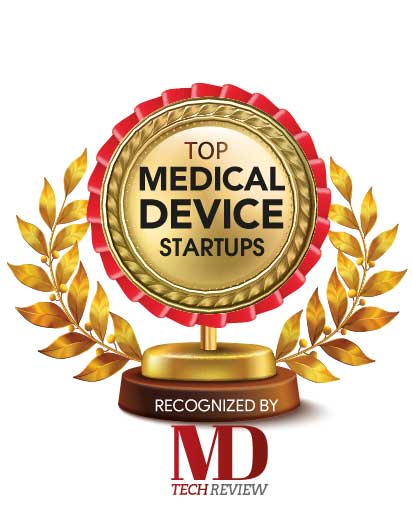FREMONT, CA: Artificial intelligence (AI) and machine learning (ML) are the two technologies transforming how clinical development takes place. Using machine learning (ML) algorithms for clinical operations provides better and faster insights to inform decision making at a reduced cost and time. Analytics helps automate processes utilizing the vast amounts of healthcare data. With the new tools evolving, new opportunities will continue to emerge, driving further benefits to the clinical research landscape. Here are some areas where AI and ML can directly impact operational efficiencies. 
Pharmacovigilance
Ensuring drug safety is not an easy task as it requires integrating and reviewing massive amounts of structured and unstructured data. Natural language processing, deep neural networks, and optical character recognition are being used to analyze and format structured and unstructured data. Also, Pharmacovigilance units utilizing the power of this data find that AI and ML technologies can address numerous challenges they face by giving new levels of insight and predictive analytics. These tools can automate manual processing tasks and translate and digitize case safety reporting and adverse drug reaction documents.
The insights derived from using AI and other tools mentioned above for Pharmacovigilance tasks lead to a faster assessment of the subject, site, and study risks and overall study performance by domain experts, allowing project leads to increase efficiencies as well as patient safety.
Clinical monitoring
AL and ML concepts can replace tremendous manual efforts to analyze site risks and mitigating those risks. This is carried out by assessing the risk environment while delivering predictive analytics to obtain useful clinical monitoring insights. Advanced analytics provide composite site rankings for holistic risk assessments, allowing for more specific identification of risks and removal of false positives. Evaluations can also be used to identify the sites having potential recruitment and performance issues, or which patients are at higher risk for AEs. These insights facilitate faster action and avoid potential problems.
AI applications, when applied for increasing volume and complexity of data, have significant potential value for the clinical trial process as well as the pharmaceutical drug discovery industry.



